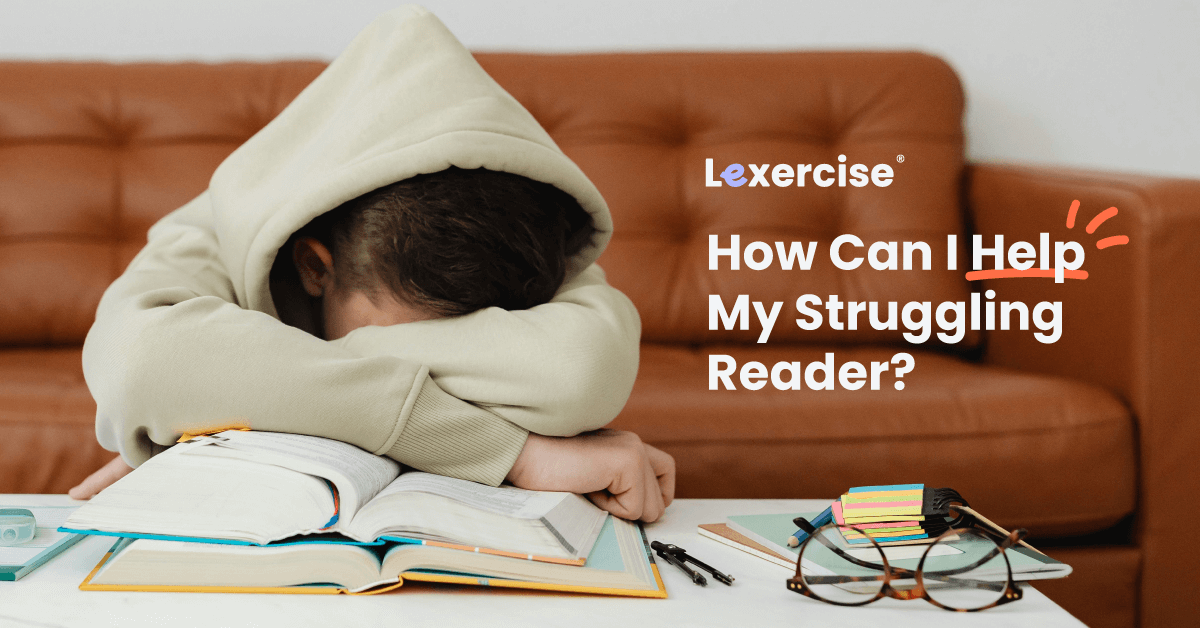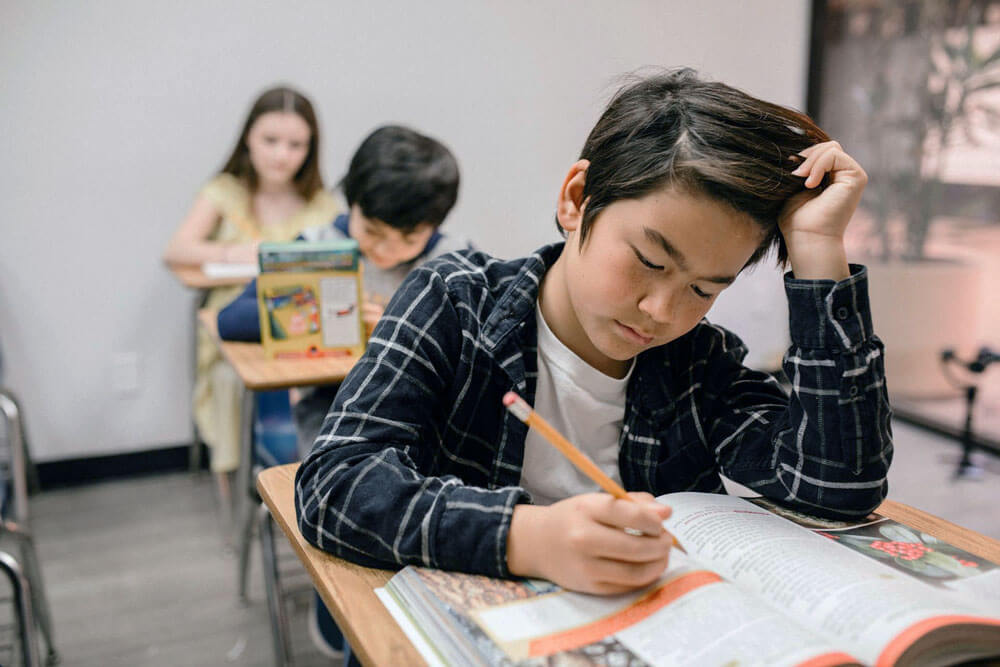How Can I Help My Struggling Reader?
Written by Tori Whaley
Published on December 14, 2015

If you’re reading this post, chances are good that you are concerned about your child’s reading. Maybe in a recent parent-teacher conference you learned that your child is not “on level.” You might have noticed your child is a reluctant reader, or that his or her reading is not as strong as other children his or her age. You want to know: how can I help my child get better at reading? Searching for an answer to that question, many parents go through a lengthy and often expensive diagnostic process. This process can provide valuable information about how your child learns. However, for the majority of struggling readers, this is not necessary. There are only a handful of reasons that can cause a child to struggle with reading. Thankfully, there are solutions for all of these problems.
Problem: Instructional failure 
Some students struggle with “Dysteachia”. No, this is not a technical diagnosis. What it boils down to is instructional failure. This can happen for a variety of reasons. Some schools teach “guessing approaches” which are not effective instructional practice for many students. Your child’s teacher may struggle with classroom behavior, resulting in wasted instructional time and reduced learning. Especially in the upper grades, lack of progress may be due to interventions designed to treat the symptom (slow reading or poor understanding) instead of the root cause (the student doesn’t know how to sound out words.)
Solution:
One to one Structured Literacy therapy. A therapist can work with your student one on one and, in a matter of months, get him or her caught up on reading! For students who have not received proper reading instruction and struggle as a result will benefit from Structured Literacy therapy. This type of therapy doesn’t just help those with dyslexia or other learning disabilities. Structured Literacy has been proven to help anyone struggling with reading, writing and spelling!
Problem: Inattention or behavioral concerns
Other students struggle due to inattention in the classroom. The teacher may deliver proper, research based instruction, but the student may have anxiety or attention concerns that prevent him or her from taking advantage of that instruction. Some of these students may be diagnosed with ADHD. For other students, the anxiety is due to a shame spiral from ongoing reading failure.
Solution:
Teletherapy dramatically reduces the risk and shame students associate with reading mistakes by creating a safe, nurturing environment. By building a trusting relationship with your child, your Lexercise therapist will create a safe space to practice, make mistakes, and improve reading. The one to one environment provided over the internet minimizes distractions and increases engagement in many students. Children who can’t or don’t pay attention in whole class instruction are often engaged and attentive with the teletherapy approach.
Problem: Dyslexia 
Dyslexia is a specific type of reading disability. Students with dyslexia typically have deficits in phonological processing, rapid naming, or both. Even when they are fully attentive in a classroom with excellent instruction, these students struggle with literacy.
Solution:
Structured Literacy therapy (formerly known as Orton-Gillingham) is the method research has indicated for students with dyslexia. Our blended learning model allows you to receive this instruction in the comfort of your own home.
Problem: other learning disabilities
You may have already undergone testing and had a professional explain that your child does not have dyslexia. Still, he or she is not catching up in reading and there is a definite learning challenge.
Solution:
Our Lexercise therapists are trained in a wide variety of therapeutic instructional approaches. Call us and we will match you with a clinician that will get to the bottom of your child’s learning challenges and create a customized learning plan to help him or her succeed. Regardless of the reason why your child is struggling to read, Lexercise teletherapy is a pathway to success!
Header:
Photo by Photo By: Kaboompics.com:
https://www.pexels.com/photo/child-in-beige-hoodie-leaning-forward-on-table-feeling-exhausted-while-studying-6958532/
Photo 1:
Photo by RDNE Stock project from Pexels: https://www.pexels.com/photo/boy-sitting-on-his-desk-while-reading-his-book-6935990/
Photo 2:
Photo by Yan Krukau from Pexels: https://www.pexels.com/photo/students-in-the-classroom-writing-8617945/
Improve Your Child’s Reading
Learn more about Lexercise today.
Schedule a FREE
15-minute consultation

